Term life insurance is one of the most versatile and affordable types of life insurance available. It provides coverage for a specific period, typically ranging from 10 to 30 years, and pays a death benefit if the insured dies within the term.
One significant advantage of term life insurance is that the death benefit is typically paid out tax-free to the beneficiaries, allowing them to receive the full amount without any deductions. This tax-free benefit can be crucial in times of need by offering immediate financial support without additional tax burdens. Its simplicity and cost-effectiveness make it an attractive option for a variety of personal and business-related needs. Let’s discuss the many uses of term life insurance and how it can provide critical support in different scenarios.
Individual Solutions
Term life insurance is generally more affordable than whole life insurance and can be very effective, depending on the circumstance. This affordability allows people to obtain higher coverage amounts to ensure their loved ones are adequately protected without straining the family budget.
According to the Life Insurance Marketing and Research Association (LIMRA), 54% of Americans have some form of life insurance coverage. However, there remains a significant coverage gap, with many individuals and families underinsured or lacking life insurance entirely. Moreover, the insurance industry reports that 30% of U.S. households would face financial hardship within a month if the primary wage earner passed away unexpectedly. These statistics highlight the critical need for adequate life insurance coverage and underscore the importance of term life insurance as a valuable tool for financial security.
Term life insurance can be utilized to protect your family and assets in several ways:
Income Replacement
One of the primary uses of term life insurance for individuals is income replacement. If the primary breadwinner of a family were to pass away unexpectedly, the death benefit from a term life insurance policy could provide financial support to maintain the family’s standard of living. This can cover daily expenses, mortgage payments, and other essential costs, ensuring the surviving family members are not financially burdened during an already challenging time.
Debt Coverage
Term life insurance can also be used to cover outstanding debts after the death of the insured. Whether it’s a mortgage, car loan, or credit card debt, the death benefit can be utilized to pay off these obligations. This is especially important for large debts like a mortgage, where the loss of the primary income earner could otherwise result in the loss of the family home.
Education Funding
Many parents purchase term life insurance to ensure that their children’s education costs are covered in the event of their untimely death. The death benefit can be earmarked for future college tuition and other educational expenses to ensure their children will have the financial means to pursue higher education, even if they are no longer around to provide for them.
Business Solutions

Term life insurance also offers a range of solutions that can provide critical financial protection and stability of a company. Whether it’s safeguarding against the loss of a key employee, ensuring smooth ownership transitions, or meeting loan requirements, term life insurance plays a vital role in maintaining business continuity and supporting long-term growth. There are several ways term life insurance can be utilized in a business context:
Key Person Insurance
Businesses often rely on key individuals whose expertise, leadership, and skills are critical to the company’s success. Term life insurance can be used as key person insurance to protect the business against the financial impact of losing such an individual. The death benefit can be used to cover the costs of finding and training a replacement and mitigate any financial losses resulting from the absence of the key person.
Buy-Sell Agreements
In a business with multiple owners, a buy-sell agreement funded by term life insurance can be an essential tool. This agreement stipulates that if one of the owners dies, the death benefit will be used to buy out the deceased owner’s share of the business. This ensures a smooth transition of ownership and prevents potential disputes among surviving owners and the deceased owner’s heirs.
Loan Collateral
At some point, most organizations need to take out loans to finance growth and operations. Lenders may require life insurance on key individuals as collateral for the loan. A term life insurance policy can fulfill this requirement and assure the lender that the loan will be repaid, even if the key individual passes away before the loan is settled.
Employee Benefits
Offering term life insurance as part of an employee benefits package can be an attractive perk that helps recruit and retain top talent. It demonstrates that the company values its employees and is committed to their well-being, both during their employment and in the event of their death.
Term life insurance is a flexible, cost-effective solution that provides critical financial protection in various scenarios. Whether it’s ensuring a family’s financial stability, protecting a business from unexpected losses, or fulfilling specific financial obligations, term life insurance offers valuable peace of mind. By understanding the many uses of term life insurance, individuals and businesses can make informed decisions to secure their future and protect their loved ones or key assets.
At TIS, we are committed to helping you find the correct term life insurance solutions to meet your unique needs. Contact us today to learn more about how term life insurance can benefit you and to get a personalized quote.






